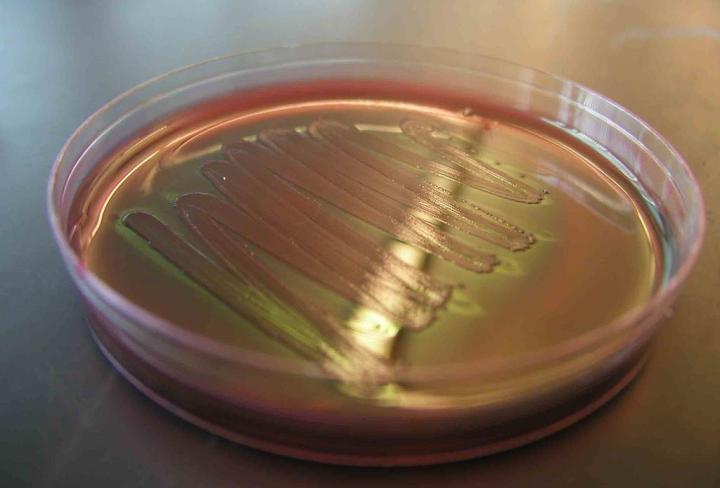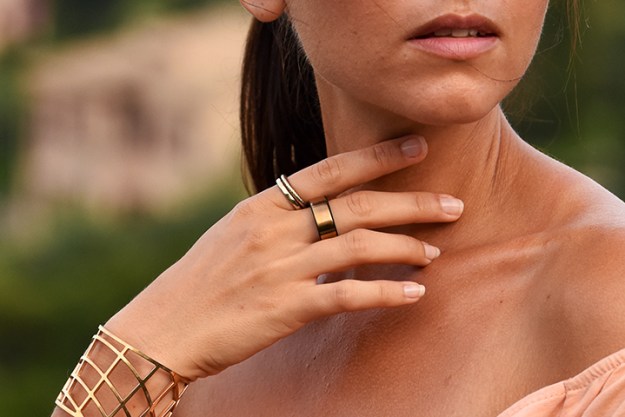
As per a team based in the University of Oregon, “Humans emit upwards of 106 biological particles per hour, and have long been known to transmit pathogens to other individuals and to indoor surfaces.” No matter how clean you think you are, the fact remains, you’re leaving traces of bacteria behind you on the regular. “We’re constantly emitting microbes around us. And this is coming from shedding of our skin, from exhaling, our hair, we’re just full of these guys.” Adam Altrichter, a microbial ecologist at the University of Oregon, told The Scientific American, “We’ve never been sterile organisms. We are definitely masses of microbes both in and on us.”
While this in and of itself may not be a novel discovery, what Altrichter and his colleagues found in their study was that every individual’s “personalized airborne signal can be statistically differentiated” from that of others. And this new knowledge may be applied to tracking disease, defining contagions, and/or even catching criminals who may not leave behind a fingerprint, but sure as hell leave behind their microbes.
James Meadow, the paper’s lead author, gave a rather unappealing description of the down and dirty of what his new research really shows. “As soon as there’s a person in the room, you start to find things like staphylococcus or streptococcus, things that we all have on us. In my office, when I walk across the room, I’m carrying behind me an invisible train of air. On a microscopic level, it might look something like an 18-wheeler going down a dusty road.” As Meadow’s colleague noted, “The world is covered in a fine patina of feces.”
Of course, there’s no real cause for concern — it’s not as though the recent discovery of these individual microbe clouds actually makes them novel phenomena. You’ve really been living in these dirty bubbles for … well, ever. But now that you know, can your life ever be the same again?
Editors' Recommendations
- Babysense Cloud smart mattress monitors your baby’s sleep
- Project xCloud trials start in October and you can register now
- Xiaomi will offer personal loans in India, but it will cost you your privacy
- Nintendo believes in cloud gaming, but thinks consoles will stick around
- You get to keep your Google Stadia games, even if the publishers pull support


